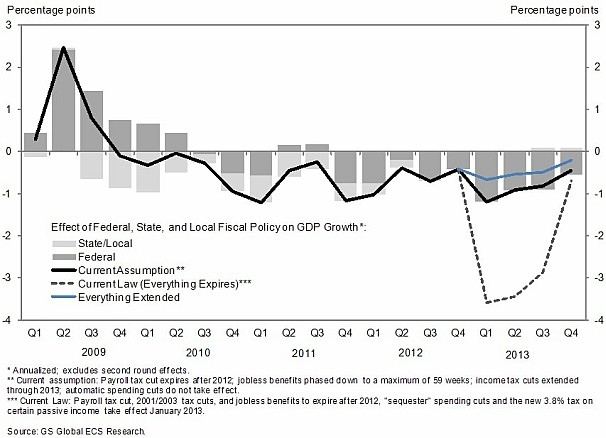Nick Gillespie helps us find that mystical moment when honourable, principled dissent became treason again:
Remember back in what was it — 2006 or thereabouts — when left-leaning critics of President Bush couldn’t stop talking about how nothing was more red, white, and blue than good old-fashioned American dissent? Why, our very country was founded by an act of dissent, didn’t you know! So back when Vice President Dick Cheney — routinely likened to Darth Vader and Voldemort — was running things, the very air was filled with cries of “not in our name” and all that, because it was so damned important that the United States not contravene its basic principles even in the name of self defense!
Those were good times, friends, and they stopped pretty much the minute that liberals and Democrats took control of the federal government. The antiwar movement disappeared once it became clear that Barack Obama wasn’t going to shut down Gitmo or stop bombing places or give a rat’s ass about that constitutional stuff he used to teach in law school.
But cheer up, because things can always get worse, as the last few days have demonstrated.
[. . .]
It’s sad, though never unexpected, when leaders such as Obama flip flop like a fish on the sand once they ascend power. Cromwell did it, the French revolutionaries did it, Castro did it, the Sandanistas did it, and on and on. It’s one of the oldest plots in history and infinitely adaptable to new conditions. How else to explain, as Jacob Sullum notes, that candidate Obama rejected the Bush administration’s position that it could detain U.S. citizens as enemy combatants without pressing charges while President Obama claims the right to kill U.S. citizens without laying charges? The guy may not be able to pass a budget but christ, give him credit for ingenuity and brass balls.
But Obama is a politician — what do you expect? Politicians are not just the bottom of the barrel — they’re what’s under the bottom of the barrel, right?




